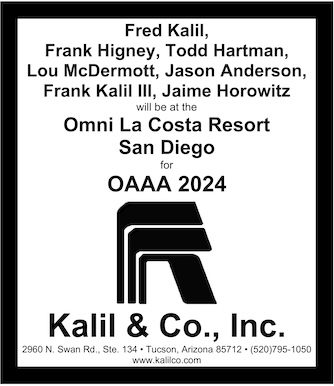Back In May 2020, Insider ran a story on a lawsuit filed in U.S. Court related to the San Francisco Mayoral race. Failed mayoral candidate Ellen Zhou sued Mayor Breed, Clear Channel Outdoor LLC and OUTFRONT Media after the companies took down two of her campaign billboards during the campaign for the November 2019 election.
One of the mega-sized ads depicted Mayor Breed, who is black, reclining in a red dress with her feet propped up on a desk lined with stacks of cash and holding a wad of money in one hand and a cigar in the other.

Mayor Breed indicated that the billboard was hurtful and disrespectful. Several other elected officials also condemned the ad as racist, sexist and offensive. Both Clear Channel and OUTFRONT removed the billboards, Clear Channel indicating that it removed the billboards because it reserves the right to remove advertising that is offensive to community standards.
Candidate Ellen Zhou filed suit in November 2019 alleging:
- A claim against all the defendants for violations of the First Amendment
- A breach of contract claim against Clear Channel and OutFront
- Intentional interference with contractual relations
In a 13-page ruling in May 2020, U.S. District Judge William H. Orrick III rejected that theory ruling for the defendants.
Since then Ellen Zhou, along with the Asian American Freedom PAC, appealed that decision to the U.S. Ninth Circuit Court of Appeals. In a ruling last week, the appeals court again ruled in favor of Mayor Breed saying that public officials do not violate freedom of expression by denouncing an opponent’s advertisements or other campaign statements as long as the officials do not threaten to take governmental action against the opponent. The court also said Clear Channel Outdoor and OUTFRONT Media, which had posted the billboards for the campaign of Ellen Zhou, did not violate Zhou’s rights by removing them. You can read their opinion at the following link.
[wpforms id=”9787″]
Paid Advertisement


















The trial court also dismissed the case under California’s “SLAPP” statute. That stands for Strategic Litigation Against Public Participation. The statute is designed to prevent plaintiffs from using a lawsuit to punish a defendant for exercising its rights on a matter of public interest. It permits defendants to have a case dismissed before anyone conducts discovery. The Ninth Circuit affirmed that decision as well.
Here’s an interesting procedural tidbit. The opinion says it is “not appropriate for publication and is not precedent except as provided by Ninth Circuit Rule 36-3.” Ninth Circuit Rule 36-3(a) says unpublished cases are not precedent, except as it relates to the specific lawsuit.
Ninth Circuit Rule 36-3(b) says decisions decided on or after January 1, 2007 may be cited to the courts in the Ninth Circuit, “in accordance with FRAP 32.1.” Federal Rule of Appellate Procedure, Rule 32.1 says courts “may not prohibit” citation of unpublished opinions issued on or after January 1, 2007.
So, according to the local rule, it is not precedent, but may be cited since it is published after January 1, 2007. The legal effect: the decision is not binding on anyone other than the parties. At the same time, it may be cited as “persuasive authority” in the absence of binding precedent.